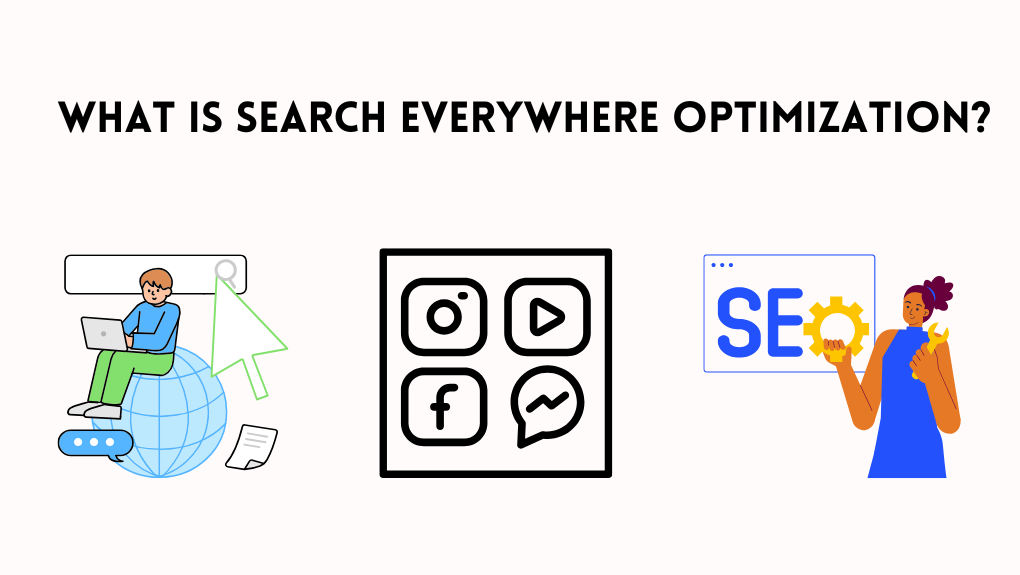What Is Growth Marketing and Why Is It Crucial for Business Growth?
Growth marketing is incredibly vital for business survival today. It ensures that companies can acquire as many customers as possible for rapid growth. This growth marketing focuses on long-term and sustainable growth over a customer’s lifecycle. Below, we’ll learn more about what growth marketing involves, and why it is important for business growth.
What is growth marketing?

Growth marketing is a marketing optimization strategy that focuses on leveraging and identifying the most efficient marketing tactic and channel for sustainable business growth. This type of marketing involves a data-driven approach where the best growth marketers, such as Remark, conduct experiments to boost and enhance the marketing results of a specific target area.
These growth marketers utilize methods such as A/B testing, search engine optimization, email marketing, and data analysis to administer better and more efficient strategies for growth. In any business, growth marketing involves an analytical and scientific function that prioritizes the data aspect of marketing instead of the traditional creative aspect.
Why is growth marketing crucial for business growth?
Growth marketing is crucial for business transformation. It is a powerful tool that adds significant value to a business brand. One distinguishing element between growth marketing and traditional marketing is that growth marketing takes on a broader approach to converting and reaching your target audience.
It utilizes several digital and traditional channels to retain current customers and engage new ones. Here are a few reasons why growth marketing is important for business growth.
1. Promotes cost-efficiency
Growth marketing ensures that you use the most advanced and newest marketing strategy. This use of advanced and new techniques can save your business a lot of money. Once your growth marketers have experimented with and tested a marketing strategy and deemed it valid, you will not need to spend any vague money amount. Instead, you can use a constricted budget. This constricted budget facilitates an ROI-driven approach that is cost-efficient.
2. Facilitates a data-driven approach toward growth
Growth marketing helps businesses forego marketing by gut feeling, which in some cases is incorrect. Instead, it allows companies to adopt a marketing strategy that measures marketing efforts and pinpoints areas where marketing tactics and campaigns are heading. The data-driven approach evaluates data and optimizes marketing efforts using real-time data. This approach leads to more positive growth results.
3. Improves SEO
The constant experimentation and analytical adjustment in growth marketing facilitates SEO effectiveness. Growth marketers will try a few SEO strategies and then make the necessary changes, depending on the most effective one.
It means your business will have more articles ranking higher on search engines. A first-page ranking on search engines will increase your authority and visibility. Improved SEO also enhances brand awareness.
4. Focuses on the entire marketing channel and customer journey
Growth marketing focuses on brand awareness, customer retention, and more. Unlike traditional marketing, whose only goal is to build awareness or generate traffic, growth marketing goes beyond that. It takes awareness, turns website visitors into clients via engagement, and then offers an exceptional customer experience that converts the customers into business advocates.
5. Brand building
Traditional marketing focuses on cramming in many leads at the quickest time possible. However, in most cases, this strategy is not effective. On the other hand, growth marketing focuses on expanding one’s brand in a steady and slow approach.
This steady and slow approach is better than generating leads in the quickest time possible. It prevents generated leads from taking advantage of the trial versions and then leaving. One way through which growth marketing facilitates slow and steady growth is by testing what works best, evaluating the data, and enhancing successful strategies.
6. Enhanced return on investment

Growth marketing is all about making improvements and tweaks at all stages. If you do it right, this marketing can increase your return on investment (ROI) across several channels. The increased return on investment occurs because growth marketing provides a more scientific way of evaluating improvements.
There is a strong emphasis on A/B testing, metrics, and data. A growth marketer will not only run an experiment but also focus on the exact outcome and determine whether making a specified change will enhance your ad spend return on investment, help improve the customer lifetime value, or reduce customer acquisition costs.
7. Facilitates better target audience understanding
A growth marketer’s target is not only on converting everyone but also on the audience. This marketing will help you better understand the individuals interested in your services. A people-centered and data-driven strategy can help you understand your audience better. The more you understand your audience, the higher the chances to inform, enlighten, and service them. Knowing your audience also plays a crucial role in growth.
8. Attracts new customers
Growth marketers will use compiled data from your new customers to determine what attracted them via the sales funnel. They will then use the new data to make a marketing strategy that can be changed to resonate better with the target audience.
Growth marketing relies on ongoing data analysis and attention for effectiveness. These ongoing data analyses will help your business attract more customers, especially if you change your strategy to resonate with your target audience. Growth marketers use the philosophy that you can utilize innovative ideas to work for you in several ways.
9. Prevents Pay-Per-Click overload

Growth marketing prevents pay-per-click (PPC) saturation through diversification. Even though PPC in adaptive AD-buying produces positive results, it comprises the use of more money in one campaign in an attempt to generate more leads.
Ultimately, with more competition, most businesses using PPC will raise funds to increase their PPC efforts; this leads to increased expenses and a return on investment that is not very worthy.
10. Boosts campaigns
Growth marketing allows businesses to take advantage of generated leads from the present campaigns by exploring new strategies to determine the purchasing habits of the generated leads. It also ensures that growth marketers can track the social media accounts of the generated leads.
This method allows one to make the most out of the collected data. You can use the data to establish whether monetary disparities exist across all lead sources. The collected data can also offer further insight into how to boost the existing campaigns.
Endnote
Growth marketing provides a holistic approach to business growth. It uses data analytics, testing, and experimentation to facilitate a more effective marketing strategy as growth marketers focus on tactics that work best for your business. With the help of professional marketers, you can make clients the center of your business.






